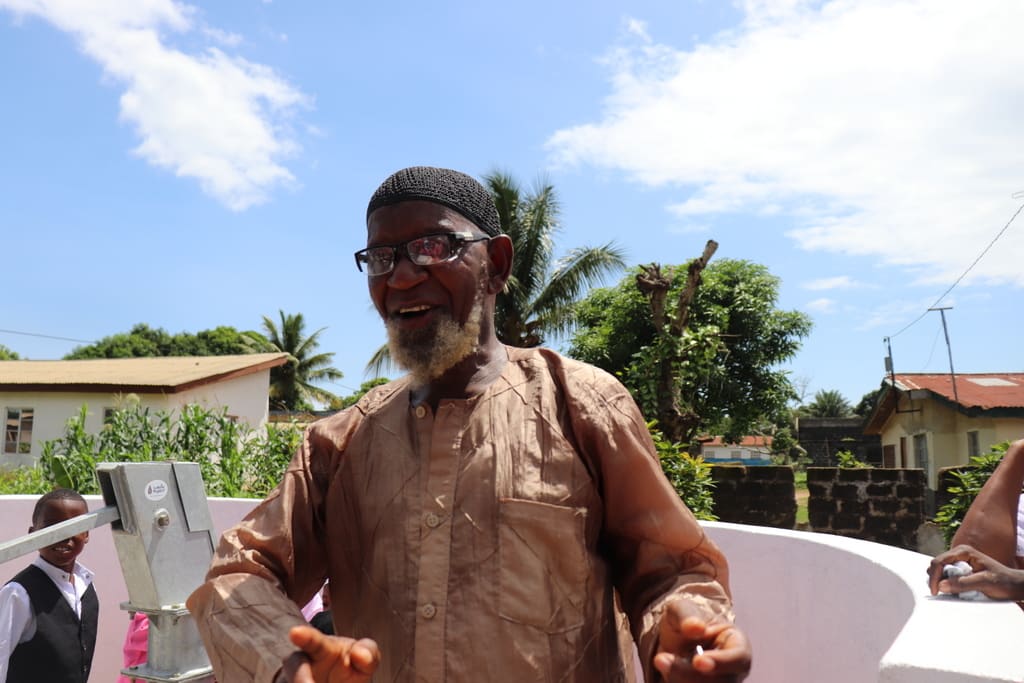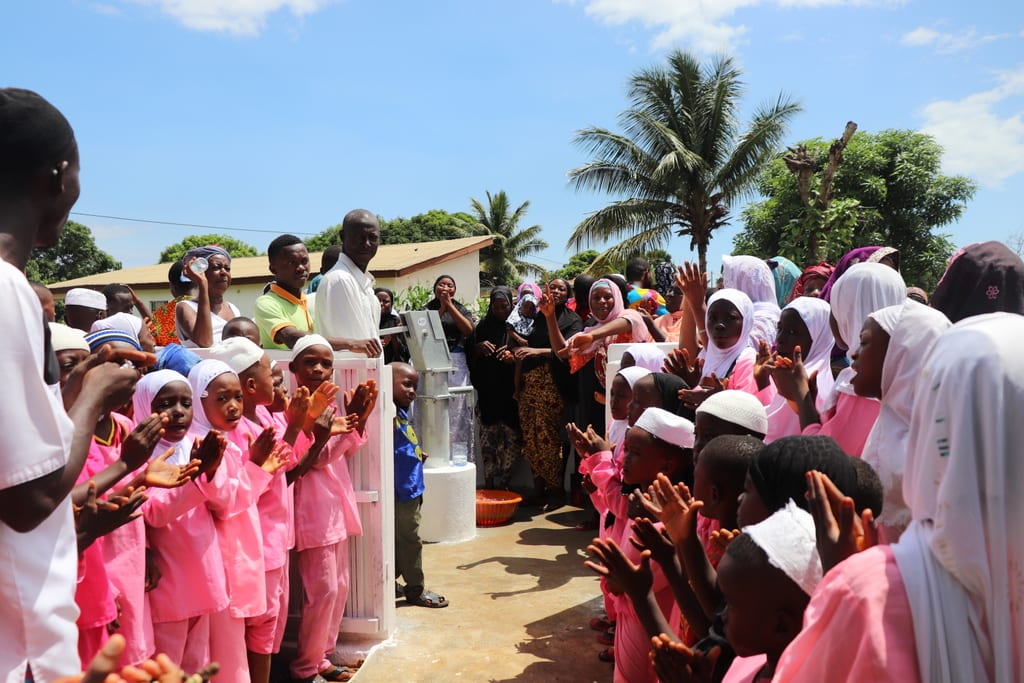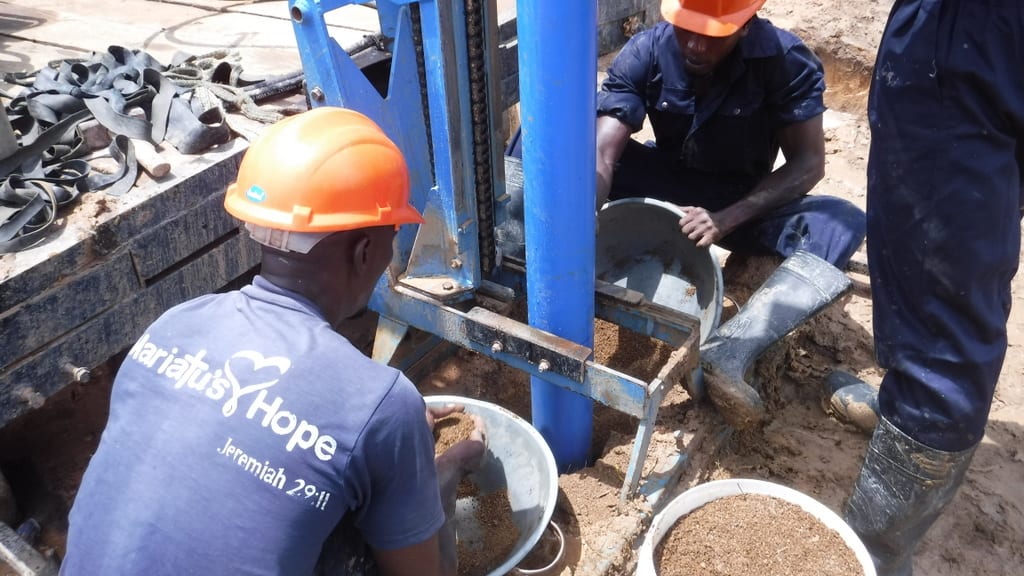Fuad Lane is more than a rural community now. This area has been slowly developed into an urban setting and as a result, more than 80 percent of its vegetation has made way for new homes.
Most people here make a living engaging in petty trading. Both men and women here rely on buying items on wholesale and then sell it through street hawking. There are also a few government employees in this community. Some work at the airport, while others are teachers. They also have a few self-employed individuals. They earn their livelihoods by selling their vocational skills to people who need their services.
People rise very early in the morning here for many different reasons, some for their religion and others for their occupation. One key factor that drives early risers here is water. All the groups of people here have water as their primary concern in the early morning.
While 2 of the schools here have protected wells, they are only shared with the community during the weekends and when the schools are on holiday. People then rely on wells further away or packaged water sold by local vendors.
Fuad Lane is a community not too far away from the business center of this chiefdom. The population density is high with water shortage the major factor responsible for this community’s lack of proper hygiene and sanitation.
This community’s water situation was brought to our notice by Sheik Fuad. Because of the strain people go through in fetching water, he took the lead role in writing to us. He is ready to lead his community in whatever requirements put forth by the organization. He even donated a plot of land on which to do the well.
When the team came here during the baseline survey, they discovered that the well could not be done on the land he donated because of the poor hygiene status. There are three latrines bordering the spot. We then consulted with his neighbor, Mrs. Kadiatu Kamara. This lady has a very decent compound with a nice space for a well. After explaining to her about the proposed project in her community, she was very happy to donate a nice plot of land to her community.
What we can do:
New Well
We will be drilling this well along Fuad Lane. Our team will drive over the LS200 mud rotary drill rig and set up camp for a couple of nights. Once the well is drilled to a sufficient water column, it will be cased, developed, and then tested. If these tests are positive, our mechanics will install a new India Mark II pump.
This community has been pushed to walk long distances and wait in long lines for their water. By drilling this borehole, this community will be provided with plenty of accessible clean drinking water.
Training
Lack of water in the homes accounts for more dirt because laundry is done infrequently and less water is available for bathing and for use in the latrines. Poor hygiene encourages mosquitoes, cockroaches, and other disease-carrying insects. These contact humans and infect them with all sorts of diseases.
Without enough water in their homes, people do not set aside any for handwashing. This means that germs are transmitted easily from person to person via hand contact. The people are also exposed to waterborne diseases because they might look for water in more dangerous sources. Even some packaged waters are not safe for drinking.
To address these challenges, there will be hygiene and sanitation training sessions offered for three days in a row.
Community members will learn how to make a handsfree handwashing station called the "tippy-tap." We will use these tippy taps for handwashing demonstrations, and will also teach about other tools like dish racks and the importance of properly penning in animals. We will highlight the need to keep latrines clean, among many other topics.
These pieces of training will also strengthen a water user committee that will manage and maintain this new well. They will enforce proper behavior and report to us whenever they need our help solving a serious problem, like a pump breakdown.

 Borehole Well and Hand Pump
Borehole Well and Hand Pump
 Rehabilitation Project
Rehabilitation Project






























